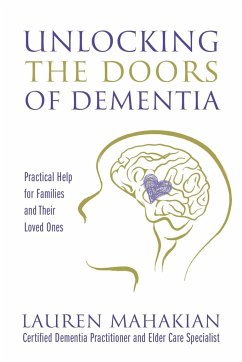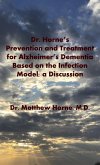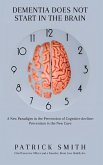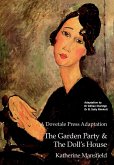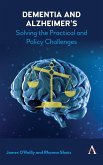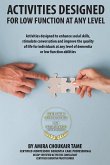Mom hasn't been herself lately. She's constantly misplacing her keys and she is more and more disoriented, even in her own home. Is this normal aging, or is it the start of dementia? FACT: one in three seniors in the United States is affected by dementia and Alzheimer's disease. Whether it concerns a parent or perhaps a spouse, virtually everyone knows someone with the disease or knows a family touched by its effects. FACT: It is most beneficial to recognize the early symptoms of dementia and to respond to them, whether or not the disease is medically diagnosed. FACT: Dementia and Alzheimer's disease are progressive and incurable. In UNLOCKING THE DOOR TO DEMENTIA BY LAUREN, families and caregivers will read how to understand and navigate their loved one's new reality. They will learn: ¿What is normal behavior (ex., occasionally having difficulty finding the right word while speaking), vs. what is suspect (frequently struggling to find words or substituting words for others) ¿Practical suggestions concerning the behaviors of dementia, such as Wandering, Anxiety, and Financial Irresponsibility ¿Practical suggestions for handling difficult situations of dementia, such as moving a loved one to a new home or facility, reducing the risk of falling, and taking away the car keys From knowing the early signs of dementia, to managing daily activities, to handling palliative care and hospice, families and caregivers will gain the confidence and encouragement needed when their roles are reversed or changed, and they want to provide their loved ones with the best care possible.
Hinweis: Dieser Artikel kann nur an eine deutsche Lieferadresse ausgeliefert werden.
Hinweis: Dieser Artikel kann nur an eine deutsche Lieferadresse ausgeliefert werden.
